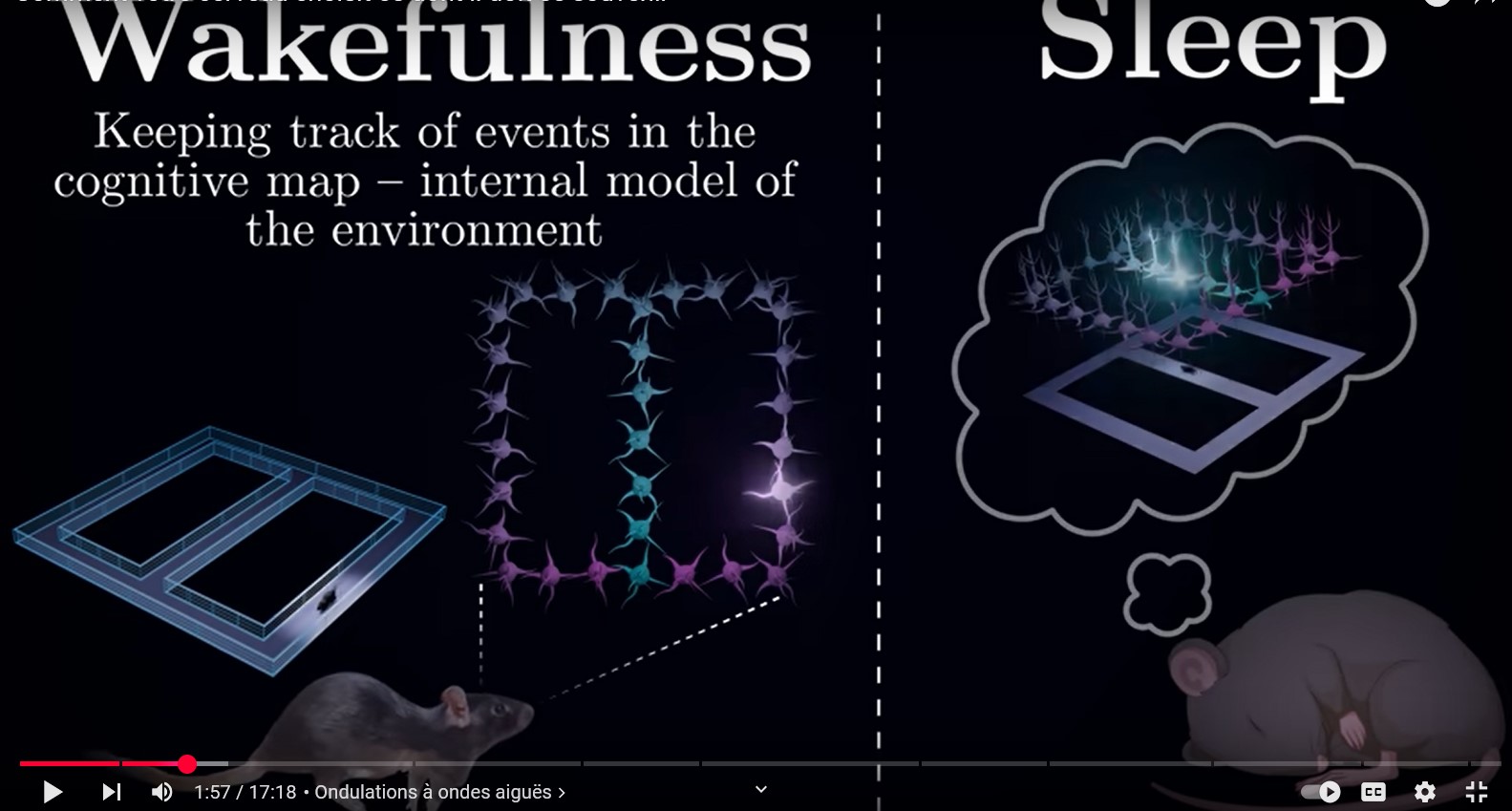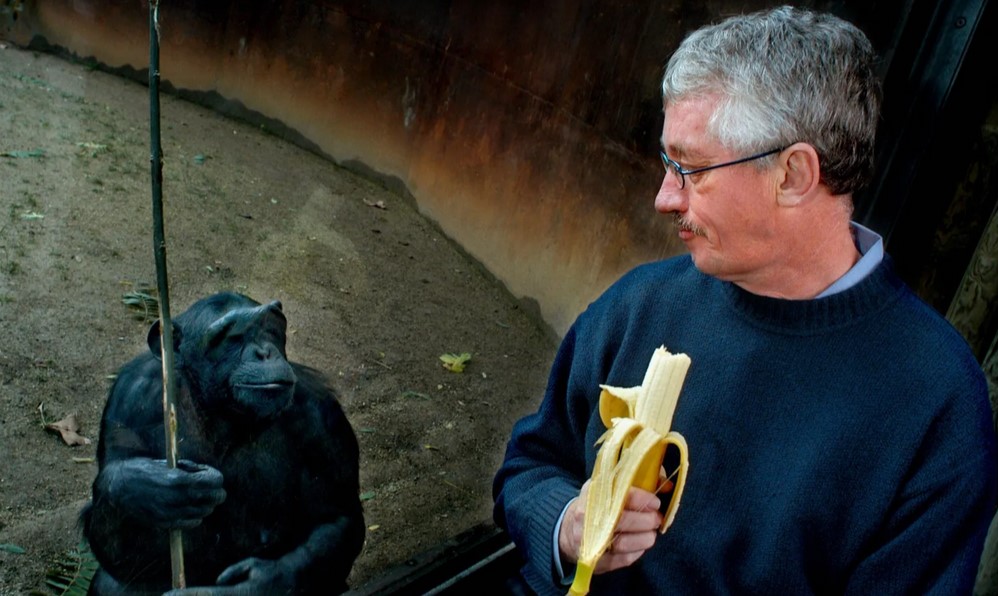Monday, 17 March 2025
Frans de Waal’s legacy on “human nature”
I have just learned the sad news that the great Dutch primatologist Frans de Waal died in March 2024, at the age of 75. De Waal was both a fine researcher and a peerless communicator about his discipline to the general public.
As the United States continues its descent into techno-fascist oligarchy, many people are now rightly wondering what “human nature” is all about. De Waal did much to show that contrary to the theory of philosophers such as Thomas Hobbes, that human beings are fundamentally selfish and human morality is just a thin cultural veneer, human nature actually has deep evolutionary roots in empathy and reciprocity that are abundantly demonstrated by the behaviour of non-human primates and even of other mammals. The quote from de Waal that I was looking for this morning reveals that “human nature” is more complex and nuanced. We humans, with our brains three times the size of those of the chimpanzees and bonobos who are our closest living cousins, can be both more aggressive than the former (who sometimes gang up to kill isolated members of other groups) and more altruistic than the latter (who are well known for using sex to settle conflicts).
The following quote comes from de Waal’s book The Age of Empathy. It aptly summarizes what scientific research comparing the behaviour of humans and these other primates has increasingly revealed: the lack of any clear-cut differences, despite the smokescreen of humans’ spoken languages, highly diverse cultures and unbridled technology:
We start out postulating sharp boundaries, such as between humans and apes, or between apes and monkeys, but are in fact dealing with sand castles that lose much of their structure when the sea of knowledge washes over them. They turn into hills, leveled ever more, until we are back to where evolutionary theory always leads us: a gently sloping beach.
Here I see a close connection with the thinking of Quebec primatologist Bernard Chapais who often points out that we now know that the human species hasn’t invented anything: the beginnings of phenomena such as tools, culture, communication through various forms of language, politics, trickery, reconciliation, mourning and a sense of beauty have all been found in many other species. But humans have pushed each of these behavioural manifestations much further both toward greater harmony and toward greater conflict.
I will leave the last word to de Waal. This quote comes from an article published at the time of his death , and it evokes and encapsulates the great breadth of his research and his thinking:
Civilization is not some outside force: it is us. No humans ever existed without biology, nor any without culture. And why do we always consider our biology in the bleakest possible light? Have we turned nature into the bad guy so that we can look at ourselves as the good guy? Social life is very much part of our primate background, as are cooperation, bonding and empathy. This is because group living is our main survival strategy.
Uncategorized | Comments Closed
Monday, 24 February 2025
Truly amazing videos about the hippocampus

This week I want to encourage you to watch a video entitled “How Your Brain Chooses What To Remember”, at https://www.youtube.com/watch?v=ceFFEmkxTLg. This video is one of many posted on the YouTube channel of computational neuroscientist Arsem Kirsanov. Kirsanov worked in the laboratory of neurologist Gyorgy Buzsaki , and Kirsanov’s videos about the hippocampus are truly amazing—in particular the one that I just mentioned. Not only does it present the content and methodology of a recent scientific article that is fascinating in itself, but it does so using a brilliant instructional approach with outstanding visuals. (more…)
Memory and the Brain | Comments Closed
Friday, 31 January 2025
Humans: The species built on interdependence among its members

For we humans, the most important part of the ecosystem that we live in is definitely the other human beings who live in it. We have thus developed a strong interdependence by discovering, at a very early age, our need to cooperate with one another and the benefits that this cooperation brings. If you need any proof how much human children are naturally inclined to help one another, all you need do is watch the videos shot by psychologist Michael Tomasello . (more…)
Emotions and the Brain, From Thought to Language | Comments Closed








